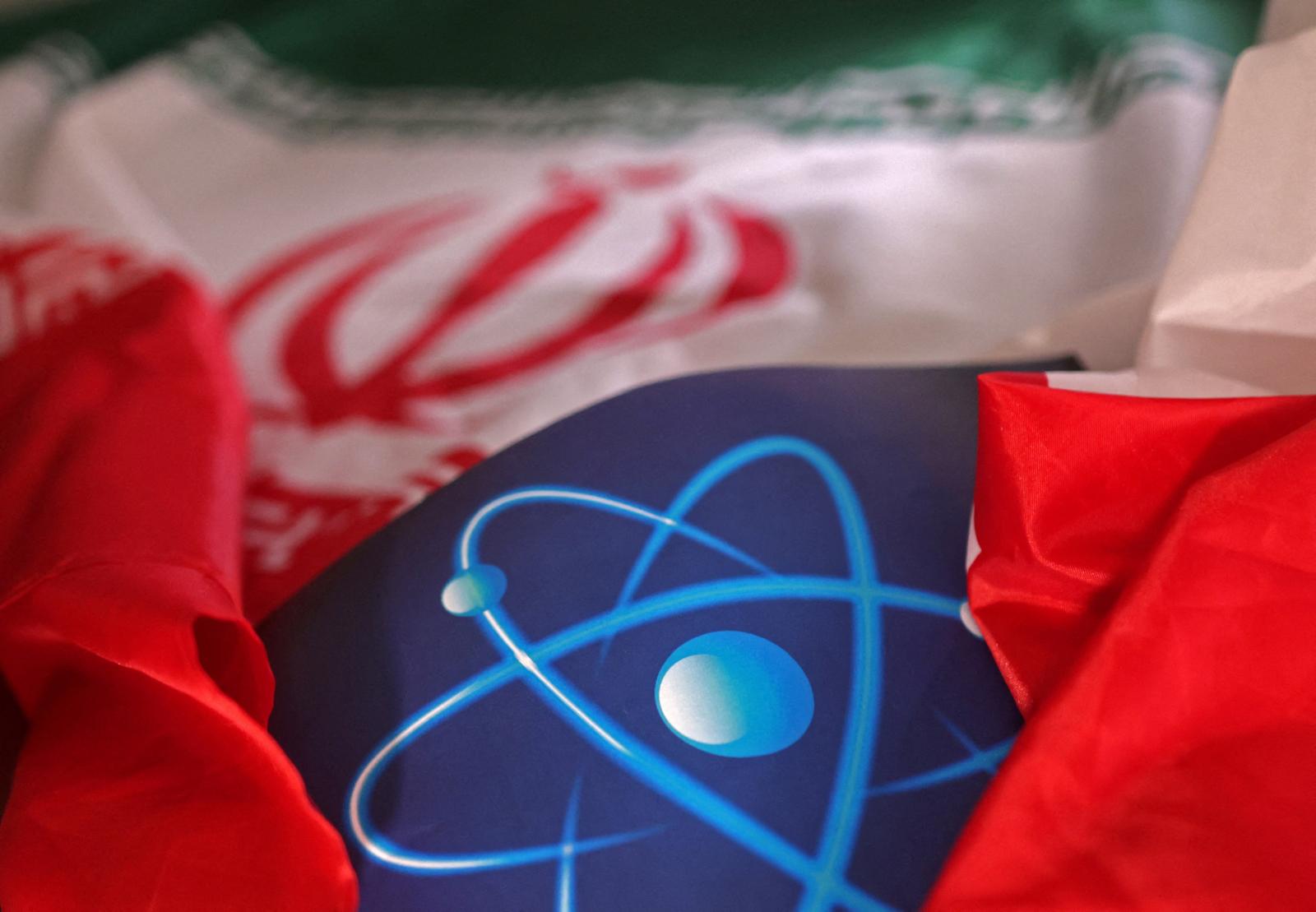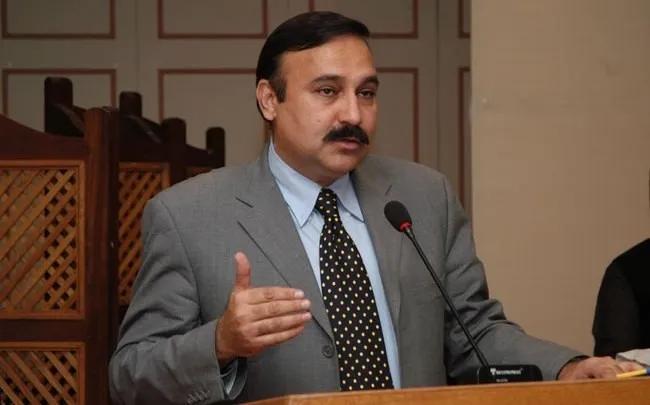 Image Source: Reuters
Image Source: Reuters
Key highlights
Iran will return to the negotiating table with the three major European powers—Britain, France, and Germany (the E3)—on Friday, July 25, in Istanbul, seeking to revive stalled discussions over its nuclear program after a period of intense military confrontation and mounting diplomatic pressure.
Context and Background
This is the first direct round of talks since Israeli airstrikes on Iranian nuclear facilities in June, followed by US strikes targeting key uranium enrichment sites, which led to a halt in former negotiations between Iran and the US via Omani channels.
The E3, together with China and Russia, remain signatories to the 2015 Joint Comprehensive Plan of Action (JCPOA), which originally curbed Tehran’s nuclear activities in exchange for sanctions relief. However, the US exited the agreement in 2018, and the deal has since frayed, with Iran increasing uranium enrichment to levels approaching weapons-grade.
The European countries have warned they could trigger the JCPOA’s snapback mechanism to reimpose UN sanctions on Tehran by the end of August if negotiations fail to bring progress or compliance.
Diplomatic Build-Up and Stakeholder Coordination
The upcoming Istanbul meeting follows urgent phone consultations between Turkish and Iranian foreign ministers, as well as trilateral sessions between Iran, Russia, and China to coordinate positions ahead of the talks.
Iran’s government insists its nuclear activity serves only peaceful, civilian purposes, while European powers and Israel accuse Tehran of pursuing nuclear weapon capabilities—a claim Iran strongly denies.
Iranian officials have clarified that no parallel nuclear talks are planned with the United States under current conditions, stressing European engagement as the immediate diplomatic focus.
What’s at Stake and Possible Outcomes
The E3 are expected to press Tehran for renewed IAEA cooperation, limits on uranium enrichment, and steps to rebuild confidence in the nuclear oversight regime.
For Iran, top priorities include the removal of Western sanctions and explicit recognition of its right to civilian nuclear development. Officials have stated that their participation in Istanbul is "in response to the request of the European countries" as they seek to de-escalate the threat of intensified sanctions and military action.
Diplomats and analysts view these talks as a critical juncture: failure may prompt Europe to push for renewed international sanctions, escalating regional tensions and indirectly impacting global energy and security dynamics.
Sources: Le Monde, Reuters, New York Times
Advertisement
Advertisement



